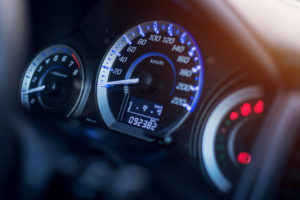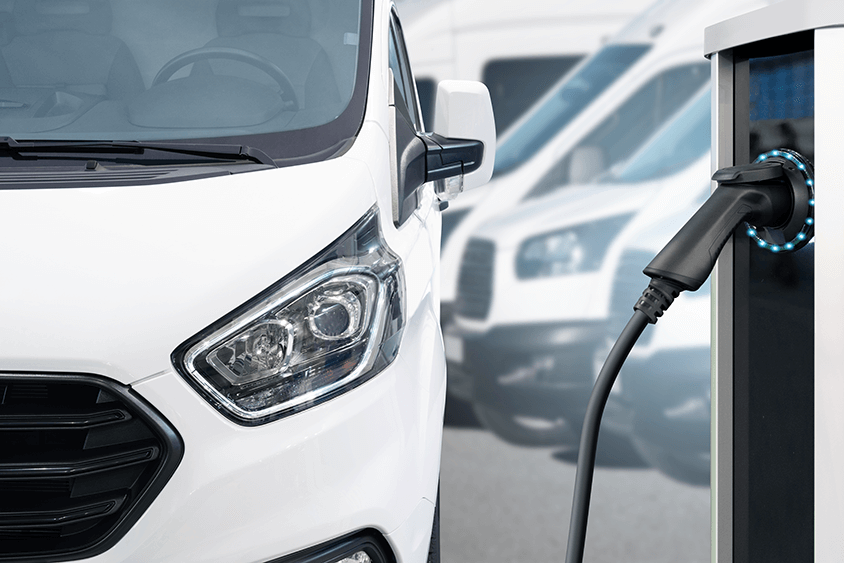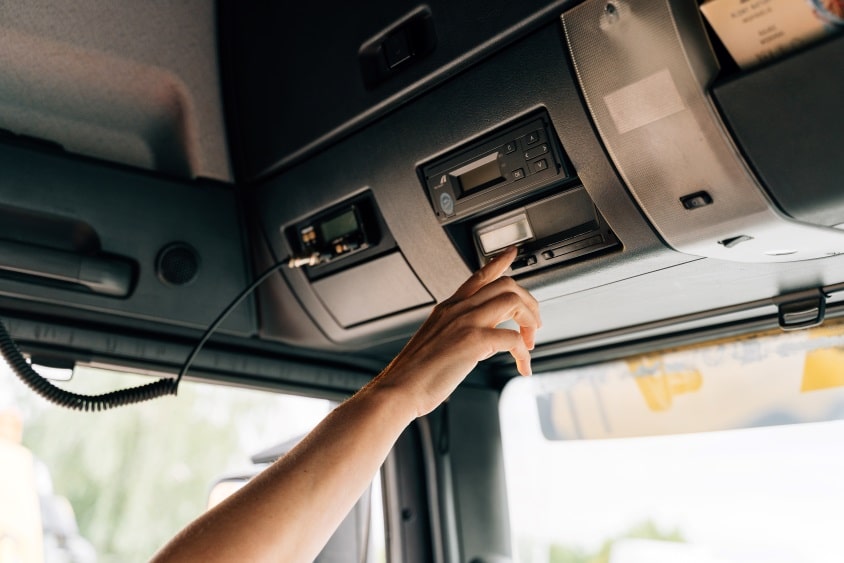Understanding fuel expenses: How can you claim tax relief?
Written by: Simon Pavey, Last updated:14th February 2022

Understanding fuel expenses: How can you claim tax relief?
If you’re using a vehicle for work purposes, being able to claim tax relief for costs like fuel expenses is essential. But do you know how to do this, and what usage will be eligible for these benefits?
While larger fleets may have systems in place to track this, for smaller companies, this is an often-overlooked benefit. However, it’s one that could offer a vital saving at a time when budgets are tight.
These allowances let you offset the cost of fuel by claiming for every mile you drive. But how should you go about recording and filing for this, and what benefits can you expect to see?
What business expenses can I claim for?
Large and small businesses, sole traders, contractors and directors of limited companies can all take advantage of mileage allowances to reduce their burden when they pay tax.
HMRC allows you to make claims for every mile you drive, provided the journey is for work purposes. This allows you to cover some of the costs of running a company vehicle.
Helping reduce your fuel expenses is the most notable benefit of this, but the relief can also be helpful in managing other running costs. However, in order to keep things as simple as possible, mileage expenses are calculated as a single claim.
This means you can’t make separate claims for individual motoring expenses such as:
- Fuel
- Electricity
- Road tax
- MOTs
- Repairs
Importantly, the vehicle used doesn’t have to be registered to the company. You can also claim for mileage incurred on a personal car or van, provided you only claim for your business trips.
What classes as business usage?
The key requirement for making mileage claims is that the trip must have been for a business purpose. But what does this mean in practice?
HMRC has specific guidance for what does – and does not – count as a business journey, so it’s vital you familiarise yourself with these rules.
To qualify as a business journey, you must be travelling between workplaces or between appointments. In general, the guidance says that if the trip is essential for work to be carried out, you can claim business mileage on it.
There are a few additional points to be aware of. Firstly, the business usage must be the primary purpose of the trip – so if you’re taking a personal journey with a stop along the way for a business reason, this does not count as business usage.
Also, a daily commute to a workplace, whether this is from home or any other location that’s not a permanent workplace, is not classed as business-related.
How do mileage allowance payments work?
Mileage allowance payments allow employees to be reimbursed by their employer for business trips taken in their personal vehicles. Businesses do not have to pay tax on these reimbursements.
This is based on a flat rate per mile. For the first 10,000 miles a car or van travels in a given tax year, this equates to 45p per mile. For each mile after that, the rate drops to 25p.
However, if an employee takes a passenger on a journey, these trips can claim an extra 5p per mile. This requires the passenger to also be an employee of the company and be travelling for business.
What are advisory fuel rates?
For business journeys made using company cars, employers can use HMRC’s advisory fuel rates when claiming business expenses. They are also used when workers have to repay the cost of any fuel used for personal travel.
These are calculated every quarter and are based on the engine size and fuel type of the car. For example, from 1st September 2020 the advisory fuel rate for petrol cars is 10p per mile for engines of up to 1,400cc, 12p for those between 1,401cc and 2,000cc, and 17p for engines over 2,000cc.
Let’s say, therefore, an employee buys petrol for a company car with a 1,400cc engine and records 300 miles of business usage. The employer would then reimburse them £30 (at 10p a mile) for these fuel expenses, which is a tax-free business expense.
On the other hand, if they are to fill up using a company account, and travel 100 miles for personal reasons, they would be required to repay their employer £10.
Businesses can set their own reimbursement rates to better reflect their own circumstances. For instance, if they use more fuel-efficient vehicles, they may set a lower figure per mile.
However, if they pay a rate higher than the approved mileage rates, and cannot show a vehicle is actually costing more to run per mile, the excess will be considered taxable profit by HMRC.
How can I make mileage tracking easier?
To claim business mileage, whether as a company or a sole trader, you’ll need a record of your business usage.
This requires a log of the dates when any business travel took place, the purpose of the journey, the starting and destination points, and the total miles covered. You’ll also need receipts for any fuel purchases.
Although HMRC won’t ask you to submit all this information every tax year, you are required to hold on to these records for five years in order to show them during any audit.
This can quickly become complex to manage if you’re still doing it by hand. Therefore, it pays to use specialist mileage tracking tools to make this easier. This software can automatically keep a full record of any journey taken and calculate claims.
As a result, employees can save huge amounts of time that would otherwise be spent on admin. Meanwhile, firms can be confident the claims they’re submitting to HMRC are accurate.
Get in touch with our experts to find out more about mileage tracking solutions and how they could save you time and money.
back





